BREAKING (10:35 p.m. Mar. 11): Hearing the NHL will follow NBA and suspend play “by noon on Thursday.”
BREAKING (9:30 p.m. Mar 11) : The National Basketball Association, tonight, suspended play indefinitely after a member of the Utah Jazz tested positive for COVID–19. This occurred after I posted my blog.
TORONTO (Mar. 11) — Whether it will be warranted, I’m not sure. But, I anticipate the National Hockey League will cancel its season before the 2020 Stanley Cup is contested. It seems all–but inevitable.
The tragic momentum of COVID–19 has already prompted the National Collegiate Athletic Association (NCAA) in the United States to recommend that the 2020 men’s and women’s basketball tournaments be played in empty arenas. If such a fate has befallen one of the largest and most–compelling events on the annual sports calendar, how can hockey not follow? And, why would the NHL go forward with its signature event in the absence of live audiences? It is during the Stanley Cup tournament, when player salaries are in the books, that teams recoup their largest financial windfall. This cannot happen without inflated ticket prices and lucrative gate–revenue. Better to declare “no winner” (as in 1919 amid the Spanish Flu pandemic and after the 2005 labor dispute) than to move forward with sounds echoing through deserted venues.
Commissioner Gary Bettman and the 31 NHL owners will surely do everything in their power to prevent such an outcome. But, COVID–19 is turning into an unassailable opponent. Increasing precaution may be abstract and embellished, yet no professional (or amateur) sports organization is likely to repel the judgement of local health authorities. Under no circumstance, other than an immediate and astonishing reversal of the COVID–19 eruption, will the San Jose Sharks be allowed to play, conventionally, their next three home games: Mar. 19 vs. Montreal; Mar. 21 vs. Boston and Mar. 29 vs. Arizona. Not after Santa Clara County, this week, forbade enclosed gatherings of more than 1,000 people. Given the SAP Center can accommodate 17,496 fans, the Sharks will perform in an empty facility (though they could, conceivably, transfer their games to an alternate site; imagine the Cow Palace, south of San Francisco, the club’s original home). The Columbus Blue Jackets today announced they will conduct matches in vacant Nationwide Arena. Given that 16 counties and municipalities, in the United States and Canada, will qualify for the 2020 Stanley Cup tournament, it is inconceivable that none will follow the leads of Santa Clara and Ohio. Particularly if the COVID–19 surge cannot be abated. As such, how could the hockey playoffs proceed without interruption?
And, who’s to say the players won’t ultimately be at risk, even among themselves?
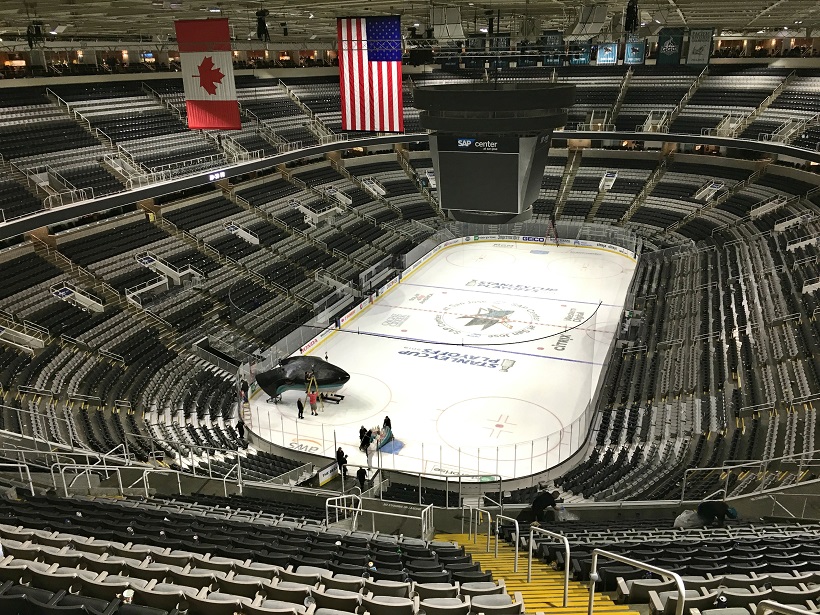
THIS IS LIKELY TO REPRESENT A CAPACITY HOCKEY CROWD IN SAN JOSE FOR THE FORESEEABLE FUTURE.
In the big picture, of course, a sports championship is irrelevant when compared to a world health crisis. Yet, the inevitable closure of more public venues could bear incalculable hardship on the business of the NHL. Only last week, after the Board of Governors met in Boca Raton, Fla., was it suggested the salary cap might increase for next season to as much as $88 million per team (from $81.5 million). Yet, how could the cap figure not plummet in the absence of gate–revenue from the Stanley Cup tournament? And, how would such teams as the Toronto Maple Leafs, already up against the cap ceiling, adjust their rosters accordingly?
You can be sure that these issues are being discussed at the league and team levels. Avoiding a playoff disruption is undoubtedly the objective of all concerned. But, COVID–19 doesn’t seem willing to cooperate.
The dominoes are beginning to fall. And, the resulting pandemic will dictate how the NHL moves forward.
MORE NHL MEDIA GUIDES — FRANCHISE PROGRESSION
Among my collection of more than 1,000 NHL media guides are inaugural issues from clubs that have re–located in the expansion era (beginning in 1967–68). The first to move were the California Golden Seals and Kansas City Scouts (in 1976); most–recently, the Atlanta Thrashers (in 2011).
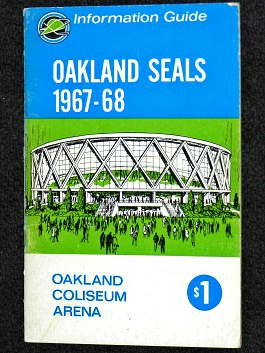
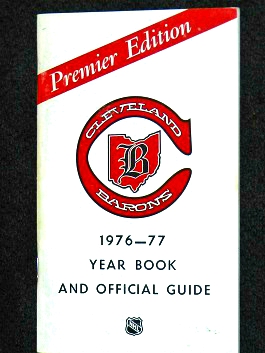
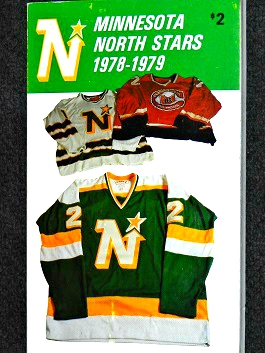
The California Seals joined the NHL in the Great Expansion of 1967–68, when the league doubled to 12 teams. By the time the Seals published their first media guide (in December 1967), the name had been changed to Oakland Seals. In nine seasons, the Bay Area team made the playoffs only twice (1968–69 and 1969–70) and failed miserably at the gate. In 1976–77, the franchise moved to the village of Richfield, Ohio and became the Cleveland Barons. Playing in a 19,000–seat arena, located off Interstate–77 in a farm–field closer to Akron than Cleveland, neither could the Barons draw flies. After two dismal years, the franchise merged with the Minnesota North Stars, another of the 1967 expansion entries. This strengthened a weak Minnesota club and the North Stars played for the Stanley Cup in 1981, losing to the New York Islanders.
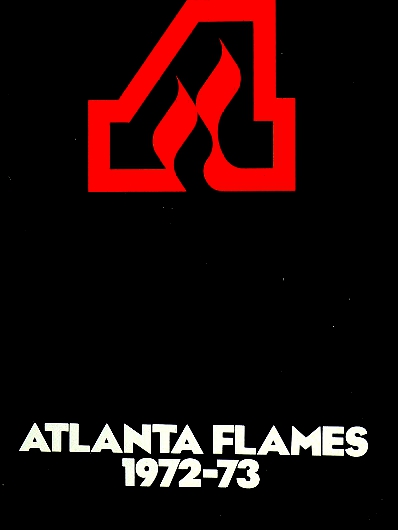
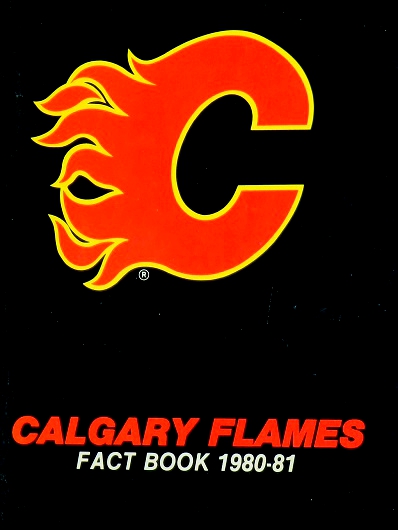
The Atlanta Flames came aboard with the New York Islanders in the third wave of expansion, for the 1972–73 season. Managed by Cliff Fletcher and playing out of a new arena (the Omni), the club was competitive from the start and made the playoffs in its second year, losing to the eventual Stanley Cup–champion Philadelphia Flyers. Neither ownership nor attendance were stable in Atlanta and the franchise re–located, after eight years, to Calgary, retaining the Flames moniker. In its first year, the Calgary club (playing in the old, 7,500–seat Stampede Corral) shocked Philadelphia in Game 7 of the Stanley Cup quarterfinals at the Spectrum. The Flames were then defeated by the Minnesota North Stars in the Conference final.
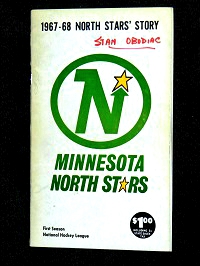
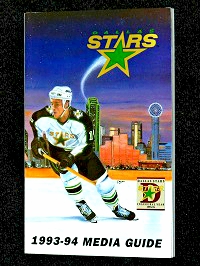
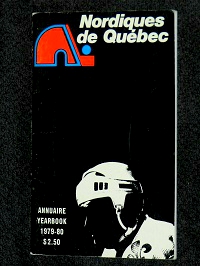
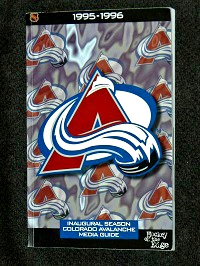
The North Stars played for 27 years at the old Metropolitan Sports Center in suburban Bloomington and featured a number of now–legendary names, including Elmer (Moose) Vasko, Lorne (Gump) Worsley, Dean Prentice, Bob Nevin, Glen Sather, Bobby Smith and Brian Bellows. But, the club encountered ownership difficulty and re–located in Dallas for the 1993–94 season… dropping “North” from its nickname. The Dallas Stars won the Stanley Cup in 1999, defeating the Buffalo Sabres. It’s possible that no hockey fans were as passionate as those in the Quebec Colisee between 1979–80 and 1994–95. Particularly during playoff encounters with the provincial–rival Montreal Canadiens in 1984–85–87 and 1993. The ’84 clash is remembered for the “Good Friday Massacre” at the Montreal Forum — a two–part brawl that’s been immortalized on video (look here: http://bit.ly/3aGCj8A). Ultimately, owner Marcel Aubut sold the Quebec Nordiques to the COMSAT Entertainment Group in Denver. The Colorado Avalanche traded with Montreal for goalie Patrick Roy and won the Stanley Cup (over Florida) in their first season, 1995–96.
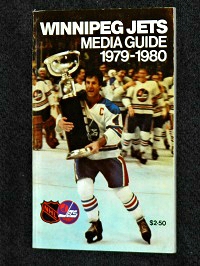
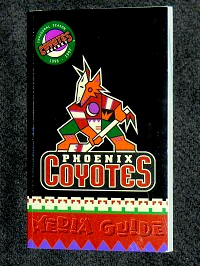
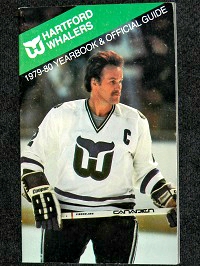
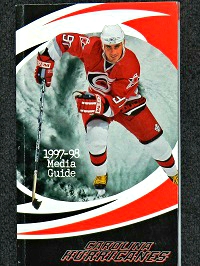
Two of the other clubs absorbed, in 1979–80, from the World Hockey Association also re–located. Fans in Winnipeg did everything possible to keep the original Jets from leaving, but rising player salaries and the relatively small Winnipeg Arena spelled doom for the club. The Winnipeg Jets moved to Arizona for 1996–97 and became the Phoenix Coyotes. The club changed its name to Arizona Coyotes for the 2014–15 season. For 19 years, the Hartford Whalers played in the NHL’s smallest American market, surrounded by fans of the New York Rangers and Boston Bruins. Owner Peter Karmanos moved the club to North Carolina for 1997–98. Originally, the Carolina Hurricanes played home games at an enormous basketball arena in Greensboro, N.C., 77 miles northwest of Raleigh. The club then moved to its new — and current — home (PNC Arena) for the 1999–2000 season. The Hurricanes won the Stanley Cup, over Edmonton, in 2006.
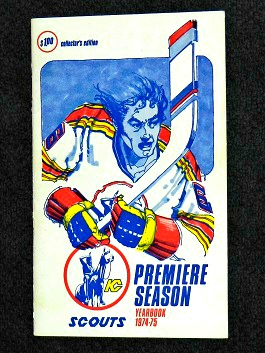
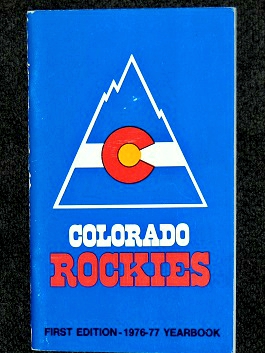
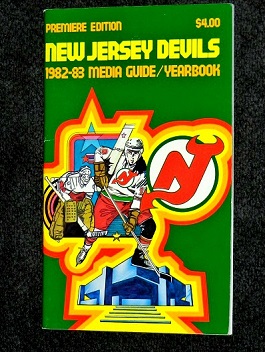
The NHL’s fourth wave of expansion — in 1974–75 — engendered a pair of forgettable teams, the Washington Capitals and Kansas City Scouts. Though the Capitals survived the worst record in NHL history (8–67–5 for 21 points), the Scouts could not be sustained after two dreadful seasons at Crosby–Kemper Arena (combined record: 27–110–23 in 180 games). The club moved to Denver for 1976–77 and became the Colorado Rockies. It remained horrible for the next six years (113–181–86 in 410 games) and is best–remembered for being coached by Don Cherry in 1979–80. For 1982–83, the franchise re–located to The Meadowlands Sports Complex in East Rutherford, N.J. (across the Hudson River from Manhattan) and became the New Jersey Devils. Still terribly weak, the club acquired future Hall–of–Fame players Scott Stevens, Scott Niedermayer and Martin Brodeur. Managed by Lou Lamoriello, it won the Stanley Cup in 1995 (over Detroit), 2000 (over Dallas) and 2003 (over Anaheim). The team now plays in downtown Newark.
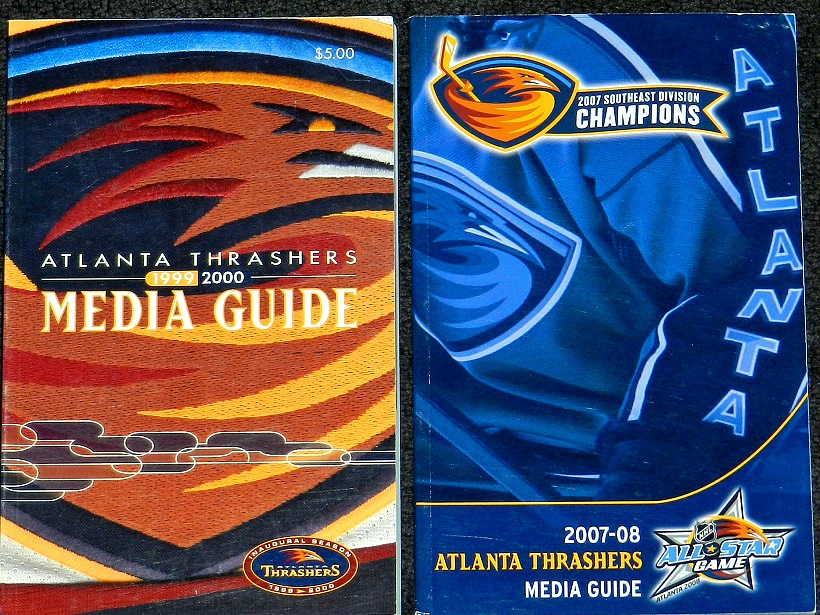
The NHL took another run at Atlanta (above) during the expansion wave at the turn of the century (Nashville, Columbus and Minnesota were also added). For 12 years, beginning in 1999, the Atlanta Thrashers played at Philips Arena, on the site of the old Omni, but could neither draw fans nor craft a competitive team. The franchise re–located north of the border for the 2011–12 season, and the Winnipeg Jets were re–born.
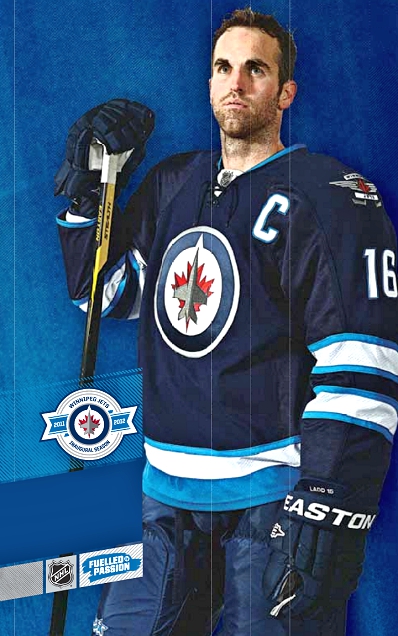
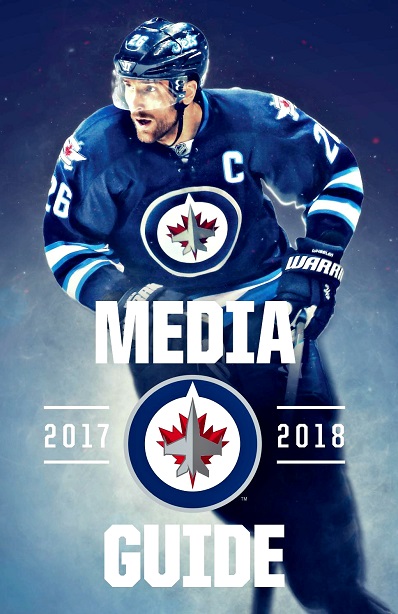
EMAIL: HOWARDLBERGER@GMAIL.COM










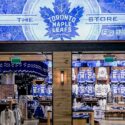

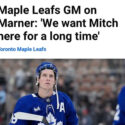



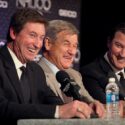


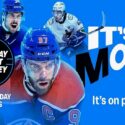
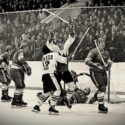











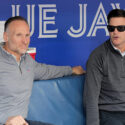
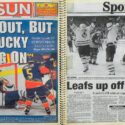

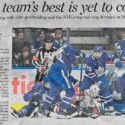
well, this sucks!
The season just keeps getting weirder.
Howard, if the league does decide to suspend vs. cancel the season outright, and if it does resume playing let’s say 15-30 days from now, do you think they could/would opt for 5 game playoff series vs. 7 games series, to make up for the lost time?
Ali
The topic of playing in empty arenas was discussed at the office today. March Madness is proceeding fanless I assume because of the huge TV contracts in place. Would the NHL not be better off with TV revenues and with the absence of inflated gate revenues vs. no revenue (games) at all? That is assuming a minimal Covid-19 risk of the players face to face wtih one another …
From a financial perspective, yes. But, a major sports event without a live gate will lack credibility and excitement. Better to defer. Also, who’s to say, as we proposed, the players won’t ultimately be at risk?